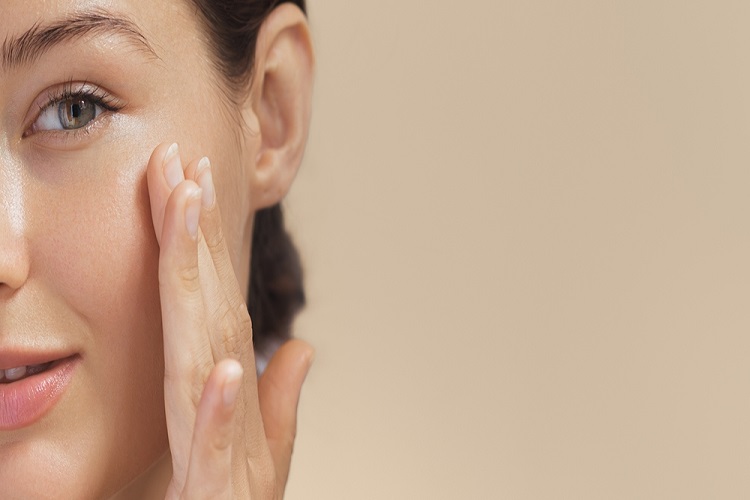Maintaining good oral health is crucial for overall well-being, and while most of us focus on regular brushing and flossing, there are other factors that can significantly impact our oral health, such as teeth grinding and clenching during sleep. These habits, known as bruxism, can lead to various dental problems and discomfort. Fortunately, night guards offer an effective solution to protect our teeth and gums from the harmful effects of bruxism. In this article, we will explore the importance of night guards and how they can help safeguard your oral health.
Table of Contents
I. Understanding Bruxism:
Definition and Prevalence:
Bruxism refers to the involuntary grinding, clenching, or gnashing of teeth. It commonly occurs during sleep but can also happen during wakefulness. According to studies, bruxism affects approximately 10% of adults and up to 15% of children, indicating its significant prevalence.
Causes and Symptoms:
Bruxism can have multiple causes, including stress, anxiety, misaligned teeth, and sleep disorders. It often goes undiagnosed, as individuals may be unaware of their nighttime habits. Common symptoms include headaches, jaw pain, worn-down teeth, sensitive gums, and disturbed sleep.
II. Night Guards: A Protective Shield:
Definition and Function:
Night guards, also known as dental splints or occlusal splints, are oral devices designed to provide a protective barrier between the upper and lower teeth. They create a cushioning effect, absorbing the forces generated during teeth grinding or clenching, thereby preventing damage to the teeth and surrounding structures.
Types of Night Guards:
Stock Night Guards: These are pre-made night guards available in standard sizes. While they provide some level of protection, they often lack proper fit and may cause discomfort.
Boil-and-Bite Night Guards: These night guards are made from a thermoplastic material that softens in hot water. Users can customize the fit by biting into the softened material, ensuring a better fit compared to stock guards.
Custom-Fitted Night Guards: Custom night guards are professionally made by dental experts. They involve taking impressions of the teeth and creating a personalized guard that fits perfectly, offering maximum comfort and protection.
Benefits of Night Guards:
Night guards offer several advantages for protecting teeth and gums:
Preventing Tooth Wear: Night guards act as a buffer, reducing the impact of grinding and clenching, which helps prevent tooth wear and enamel erosion.
Relieving Jaw Pain and Headaches: By distributing the forces evenly, night guards alleviate the strain on the jaw joint (temporomandibular joint) and reduce associated pain and headaches.
Minimizing Tooth Sensitivity: Individuals with bruxism often experience heightened tooth sensitivity. Night guards provide a cushioning effect, reducing the sensitivity caused by worn-down enamel.
Protecting Restorations: For those with dental restorations such as crowns, bridges, or veneers, night guards offer an additional layer of protection, extending the lifespan of these treatments.
III. The Importance of Seeking Professional Guidance:
Diagnosis and Customization:
While over-the-counter night guards can provide temporary relief, consulting a dental professional is crucial for an accurate diagnosis and effective treatment. A edina dentist can assess the severity of bruxism, identify underlying causes, and create a custom-fitted night guard tailored to the individual’s specific needs.
Regular Monitoring and Adjustments:
Dentists can monitor the progress of bruxism and make necessary adjustments to the night guard, ensuring optimal protection. They can also address any concerns or discomfort associated with wearing the night guard, enhancing long-term compliance.
IV. Proper Night Guard Care and Maintenance:
Cleaning and Hygiene:
To ensure the longevity and effectiveness of night guards, it is essential to maintain proper hygiene. Regularly rinse the guard with water and use a non-abrasive toothpaste or mild cleanser to clean it. Avoid exposing the guard to excessive heat or direct sunlight.
Storage:
Store the night guard in its designated case when not in use to protect it from damage or contamination. Avoid leaving it exposed on countertops or in areas accessible to children or pets.
Conclusion:
Night guards play a vital role in safeguarding our teeth and gums from the harmful effects of bruxism. By providing a protective barrier, they prevent tooth wear, alleviate pain and sensitivity, and extend the lifespan of dental restorations. Seeking professional guidance ensures accurate diagnosis, customization, and regular monitoring. By incorporating night guards into our oral care routine and practicing proper maintenance, we can effectively protect our oral health and promote overall well-being.










Comments